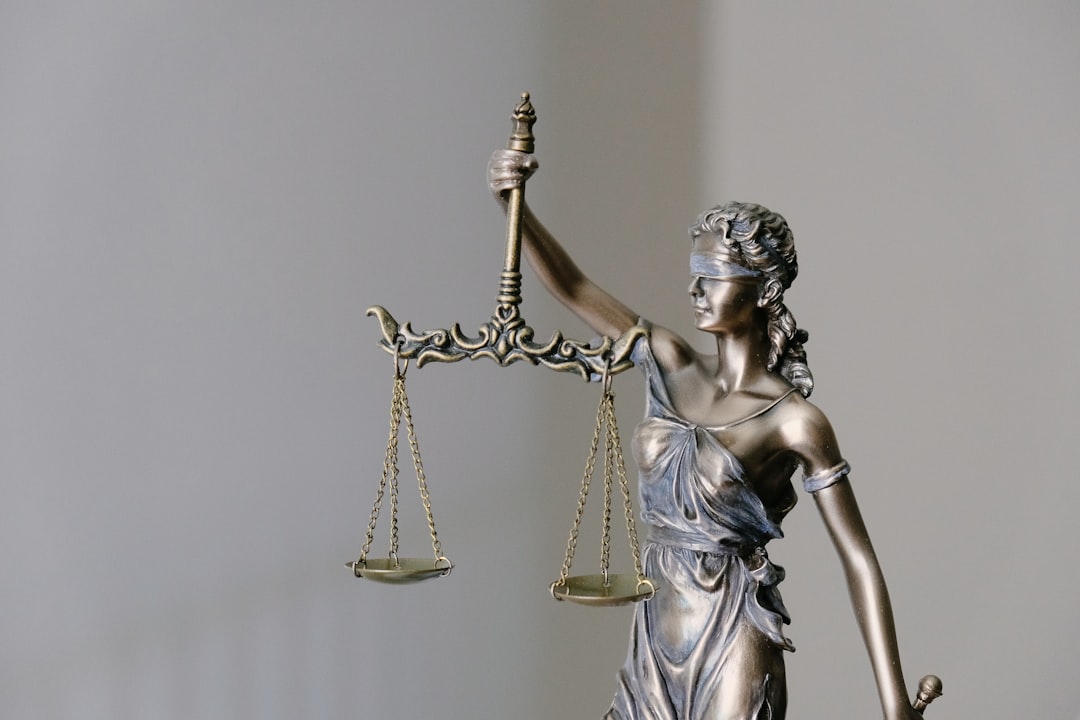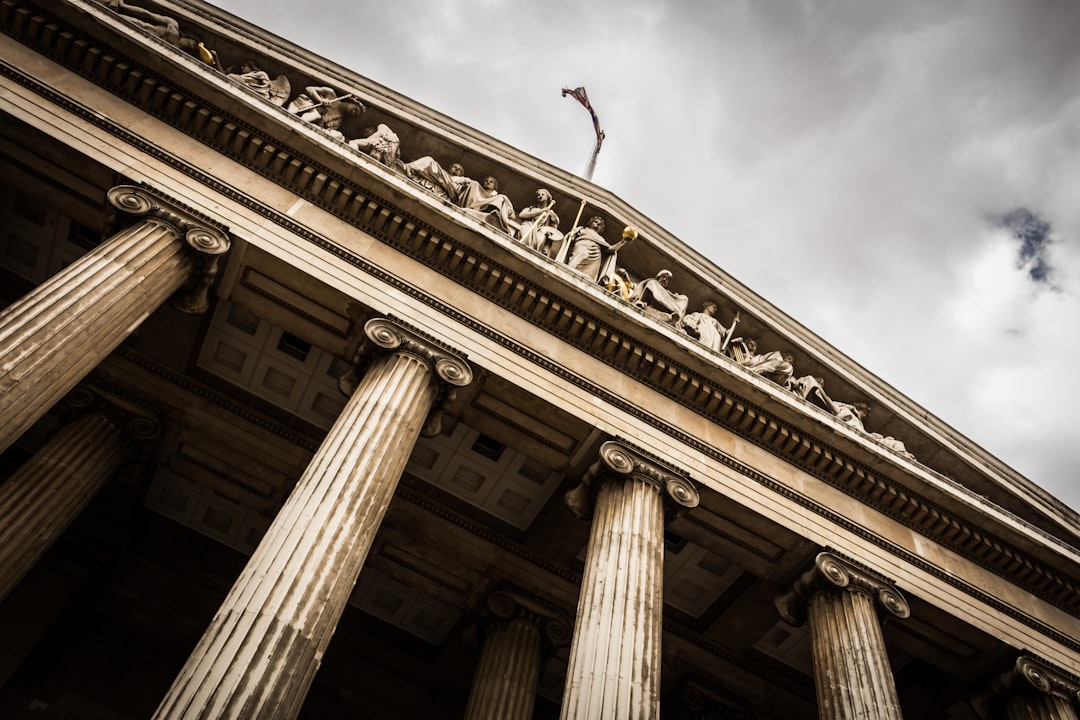Victims of sexual abuse in South Carolina institutions have legal recourse through specialized rape lawyers and law firms. These professionals navigate complex state laws, support clients in evidence collection, civil litigation, and compensation claims against negligent organizations. By retaining reputable rape lawyers, survivors gain access to dedicated professionals ensuring justice and healing after traumatic experiences. Key search terms include rape lawyer South Carolina, rape attorney, and rape law firm for effective advocacy and systemic change.
In South Carolina, sexual abuse negligence is a critical issue that demands attention. Understanding the state’s laws surrounding this sensitive topic is crucial for both survivors and institutions alike. This article explores the legal landscape, focusing on how institutions should prevent and respond to rape. We delve into the rights of survivors, offering guidance on finding reputable rape lawyers and attorneys in South Carolina. Additionally, we present strategies and case studies demonstrating successful efforts to hold institutions accountable for their negligence in addressing sexual assault.
- Understanding Sexual Abuse Negligence Laws in South Carolina
- The Role of Institutions in Preventing and Addressing Rape
- Legal Recourse for Survivors: Finding a Rape Lawyer in SC
- Strategies to Hold Institutions Accountable: Case Studies and Success Stories from South Carolina
Understanding Sexual Abuse Negligence Laws in South Carolina
In South Carolina, sexual abuse negligence laws hold institutions responsible for failing to protect individuals from sexual assault on their premises. If you or someone you know has been a victim of rape or sexual misconduct within a school, hospital, or any other institution, understanding your legal rights is crucial. A rape lawyer in South Carolina can guide survivors through the complex legal process and help them seek justice. These laws are designed to ensure that institutions take adequate measures to prevent and respond to sexual violence, holding them accountable for their negligence when such incidents occur.
Rape attorneys in South Carolina specialize in advocating for victims’ rights and have extensive knowledge of state-specific rape laws. They assist survivors in navigating the legal system, gathering evidence, and pursuing civil litigation against negligent institutions. By retaining a reputable rape law firm in South Carolina, victims can gain access to dedicated professionals who will fight for their compensation and help them heal from the trauma they’ve experienced. Whether it’s a school rape lawyer or a hospital rape attorney, these legal experts are equipped to handle various cases of sexual abuse negligence.
The Role of Institutions in Preventing and Addressing Rape
Institutions play a pivotal role in preventing and addressing sexual abuse, especially in communities like South Carolina. Schools, churches, community centers, and workplaces are not just venues where potential perpetrators operate; they also hold significant power to deter and respond to rape. A comprehensive approach to safety includes implementing robust policies against sexual harassment and assault, providing thorough training for staff and volunteers, and fostering a culture of open dialogue where survivors feel comfortable coming forward.
In South Carolina, with its diverse communities and unique legal landscape, having knowledgeable rape lawyers and rape attorneys is crucial for holding institutions accountable. Rape law firms specializing in these cases understand the complex web of laws and policies that intersect with sexual abuse. They advocate for survivors, ensuring they receive justice and support through the legal system. By engaging such professionals, communities can push for systemic change and foster an environment where prevention efforts are not just theoretical but actively enforced, protecting vulnerable individuals from potential rapes.
Legal Recourse for Survivors: Finding a Rape Lawyer in SC
Survivors of sexual abuse in South Carolina have legal recourse and can seek justice with the help of a dedicated rape lawyer in SC. Finding the right legal representation is crucial when navigating the complexities of rape cases. Many survivors turn to rape attorneys in South Carolina who specialize in this area, possessing extensive knowledge of state laws pertaining to rape and sexual assault. These experts can guide clients through every step of the legal process, ensuring their rights are protected.
A reputable rape law firm in South Carolina will have a team of experienced lawyers who can offer tailored strategies for each case. They understand the emotional toll such incidents take on victims and aim to provide compassionate support alongside skilled advocacy. Whether it’s gathering evidence, interviewing witnesses, or negotiating settlements, these attorneys fight for the rights and justice of survivors, helping them heal while holding institutions accountable for their negligence in protecting individuals from sexual abuse.
Strategies to Hold Institutions Accountable: Case Studies and Success Stories from South Carolina
In the fight against sexual abuse and negligence, survivors in South Carolina have found powerful tools to hold institutions accountable. A strategic approach involving legal action has proven effective, with numerous success stories emerging from across the state. Rape lawyers and attorneys specializing in rape law firms play a pivotal role in advocating for victims’ rights. These legal professionals utilize various strategies to ensure justice is served, including filing lawsuits against institutions that fail to protect their communities from sexual predators.
Case studies reveal that well-planned legal actions can lead to significant changes in institutional policies and practices. Survivors who have sought representation from rape lawyers in South Carolina have achieved substantial outcomes, such as improved safety measures, increased awareness programs, and financial compensation for the harm suffered. This not only provides a sense of justice for individual survivors but also sends a powerful message to prevent future negligence and abuse within these institutions.




